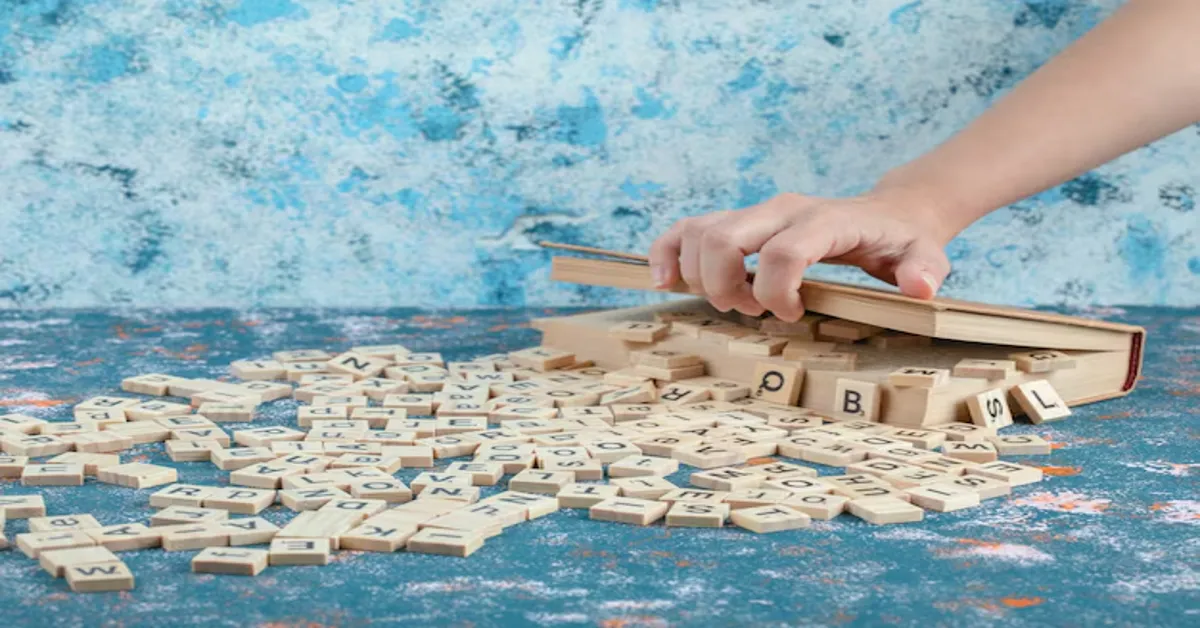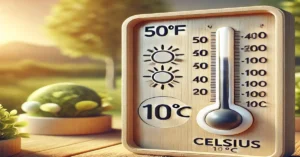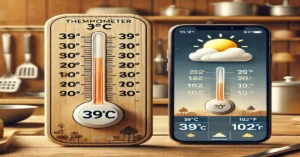Spelling bees have long been a way for students to showcase their spelling prowess. Whether you’re preparing for a local school competition or the renowned Scripps National Spelling Bee, knowing the right words is key. This guide covers essential spelling bee words, effective learning techniques, and preparation strategies to help you succeed.
2. History and Importance of Spelling Bees
Spelling bees date back to the early 19th century and have since become a global phenomenon. They encourage literacy, vocabulary expansion, and cognitive skills. Today, spelling bees are not just about memorization—they test a student’s understanding of word origins, phonetics, and patterns.
3. How Spelling Bee Words Are Selected
Words used in spelling bees are carefully chosen based on:
- Complexity: Words with silent letters, unusual spellings, or tricky pronunciations.
- Etymology: Understanding word origins can help with spelling patterns (e.g., Latin vs. Greek roots).
- Frequency: Some words frequently appear in competitions.
- Difficulty Levels: Ranging from beginner-friendly to expert-level words.
4. Most Common Spelling Bee Words
Beginner and intermediate participants often encounter words that are common yet slightly challenging. Here are some popular spelling bee words:
Easy Spelling Bee Words
- Apple
- Banana
- School
- Happy
- Friend
- Elephant
- Pencil
- Table
Intermediate Spelling Bee Words
- Delicious
- Temperature
- Embarrass
- Knuckle
- Committee
- Bouquet
- Perceive
- Phenomenon
5. Advanced Spelling Bee Words
Competitors aiming for high-level contests need to master words that are rarely used in daily conversations. Here are some challenging spelling bee words:
- Onomatopoeia
- Quixotic
- Chrysanthemum
- Schadenfreude
- Sycophant
- Xenophobia
- Kaleidoscope
- Surreptitious
6. Strategies to Learn Spelling Bee Words
Spelling bee champions don’t just memorize words; they use smart learning techniques. Here are some effective strategies:
- Break Words into Syllables: Example: “O-no-mat-o-poe-ia.”
- Use Mnemonics: Create phrases or stories to remember difficult spellings.
- Practice Root Words: Understanding Greek and Latin roots helps with many complex words.
- Use Flashcards: Repetition through flashcards improves retention.
- Apply Words in Sentences: Contextual learning reinforces memory.
- Write and Say Words Aloud: Combining visual and auditory learning is effective.
7. Spelling Bee Preparation Tips for Different Age Groups
For Elementary School Students:
- Focus on easy and common words.
- Use picture association techniques.
- Turn learning into fun spelling games.
For Middle School Students:
- Expand vocabulary by reading challenging books.
- Learn phonetic patterns and word origins.
- Create word lists based on difficulty levels.
For High School Students and Advanced Learners:
- Study past spelling bee words from competitions.
- Engage in timed spelling tests.
- Watch and analyze spelling bee contests to observe strategies.
8. Techniques to Remember Difficult Words
Some words are naturally hard to spell. Here are techniques to master them:
- Chunking Method: Divide words into smaller parts (e.g., “kaleido-scope”).
- Visualization: Imagine the word’s letters forming an image.
- Etymology Approach: Learn the origin and meaning to predict spelling.
- Write it Down Repeatedly: Muscle memory plays a key role.
- Pronunciation Tricks: Exaggerate syllables to reinforce the correct spelling.
9. Mistakes to Avoid in a Spelling Bee
Many participants lose due to avoidable mistakes. Here’s what to watch out for:
- Not Asking for Word Repetition: Always ask the judge to repeat the word.
- Ignoring Word Origins: Understanding root words gives valuable hints.
- Overthinking: Sometimes, simple words can be tricky when overanalyzed.
- Not Practicing Under Pressure: Simulate competition settings to build confidence.
10. Conclusion
Mastering spelling bee words requires dedication, smart learning techniques, and consistent practice. Whether you’re a beginner or an advanced competitor, focusing on word origins, practicing with lists, and using memory-enhancing strategies will give you an edge in competitions.
FAQs About Spelling Bee Words
Q1. What are the most commonly misspelled words?
Words like “separate,” “definitely,” “accommodate,” and “misspell” often confuse participants.
Q2. How can I improve my spelling skills quickly?
Use flashcards, practice daily, and learn word etymology for better retention.
Q3. What are the best resources for spelling bee preparation?
Books like Merriam-Webster’s Spell It!, past spelling bee word lists, and online tools like Quizlet help immensely.
Q4. How long should I practice for a spelling bee?
At least 30-60 minutes daily for a few months before the competition.
Q5. What is the hardest word ever spelled in a Spelling Bee?
“Pococurante” and “Eudaemonic” have been among the toughest words
✍️ Start your spelling bee journey today and take your spelling skills to the next level!









